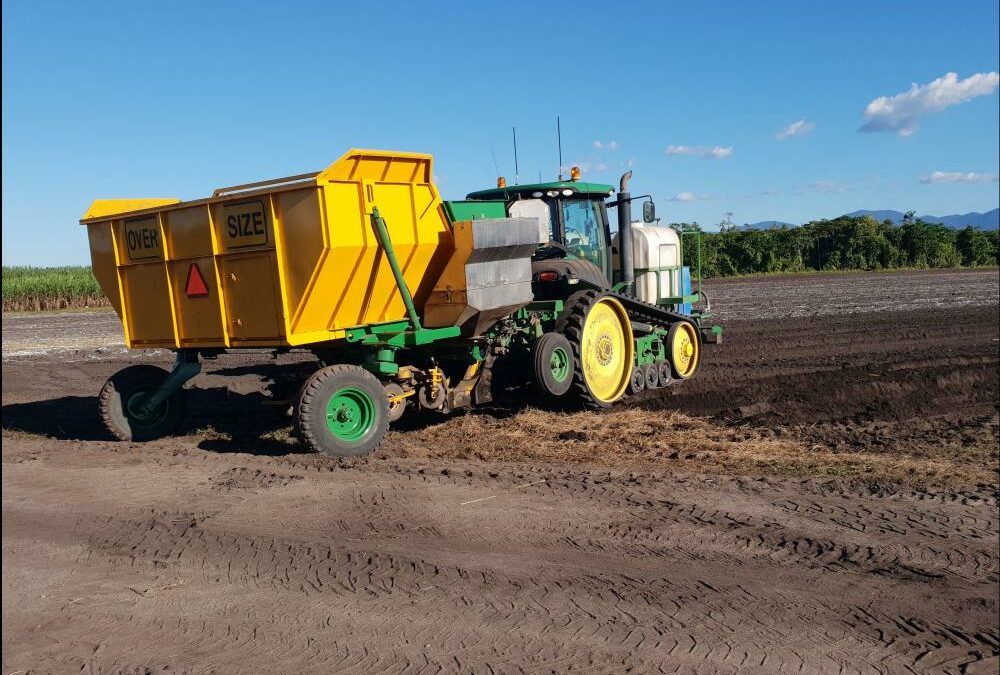The crushing season 2021 is going to be a very interesting one, with a rather different lead up given the amount of rain that fell in April.
With almost double the long term rainfall recorded in April , but with still quite warm days the crop has continued to grow on into May and some of the new and newer varieties in particular are showing some different characteristics to what they have previously exhibited. Some are flowering more than they did before and still others like Q250, which suffered badly in the dry end of season 2018, 2019 season, seem to have responded a lot better to the better rainfall since the end of 2020.
Our variety trials are about to start next week and we will be concentrating on newer varieties like SRA 15, SRA 16, SRA 26 and SRA 28, comparing them to standards like Q208 across 14 sites, 9 of which will go through to early November.
Q208 remains our most reliable variety and is the main standard one we compare new varieties too, but other Q253 and Q240 have taken the pressure of this remarkable variety so that we can keep it in the system for as long as possible, so they too are now used as standards, along with Q200 and KQ228.
Pre-season mobile millwork
Tully growers are reminded that the pre-season CCS sampling of commercial cane to be harvested is now in full swing and this service is available to anyone who requests it. This service will continue until the third round of the season or when requests stop.
In addition, a new service is now available where we can sample seed cane for CCS levels before planting.
For seed cane, we are looking for virtually the opposite of what we want from commercial cane. Obviously for commercial cane we want good tonnes/ha and high CCS, but for seed cane we want lower CCS so that the cane is still actively growing, which gives it a better chance of good germination once planted.
By doing a mobile mill test of seed cane, we test the top and base of the plant to make sure the CCS is low. One way to make sure of lower CCS for seed cane is using seed cane to less then 12 months of age especially for some varieties like Q250.
So over the next few months, if seed cane is close getting older than 12 months of crop age because planting is delayed for example by wet weather, we can sample it through the mobile mill and determine it’s likely CCS status. This can give peace of mind because the CCS may still be low and good for planting despite any delay.

